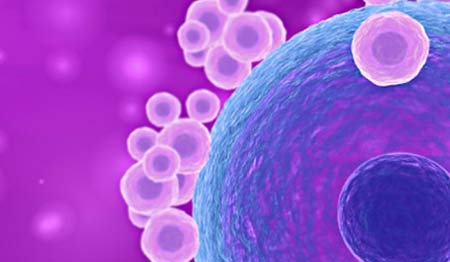Experts believe that the success of IVF therapies depends on successful fertilization of eggs. Yale University professionals recently delved into the chromosomal constitution of human eggs. This research may help professionals select the right eggs for completing the fertilization cycle.
It has been noted that abnormality in the number of chromosomes is the primary reason for a failed IVF pregnancy. Lack of a chromosome or an additional chromosome leads to a condition called aneuploidy. This issue is known to increase as women grow older. In the research, the team stumbled upon 2 genes namely, SPSB2 and TP5313, which seemed to be expressed minimally in case of abnormal eggs. In terms of eggs with optimal number of chromosomes, the aforesaid genes were expressed normally.
“The identification of these genes in cumulus cells can serve as a novel, non-invasive marker to identify abnormal oocytes and thus ultimately improve IVF success rates. We can use cumulus cells surrounding the eggs to gain insight into the health of an egg. These cells are now able to inform us about the chromosomal makeup of an egg. This can help us know if it is the ‘right egg’ to be fertilized and produce a baby,†commented Patrizio, professor in the Department of Obstetrics, Gynecology & Reproductive Sciences at Yale.
The genes in question are expressed in cumulus cells that surround the eggs to be fertilized. Therefore, the scientists concluded that observing these cells before eggs are fertilized could be regarded as a new way of ensuring a successful pregnancy. This is because, the abnormal eggs may be identified before they are fertilized and can be eliminated from the IVF process. These eggs could be replaced by potent eggs, which may lead to conception.
Reported in the journal, Human Reproduction, the findings disclosed a safe and effective way of locating healthy eggs and consequently lowering the chances of Down syndrome or miscarriage.

